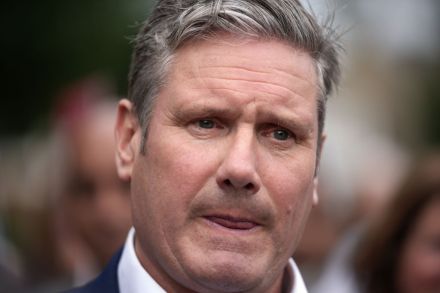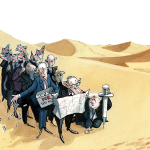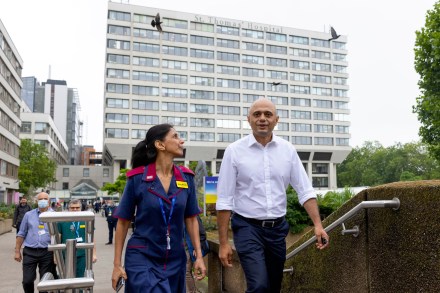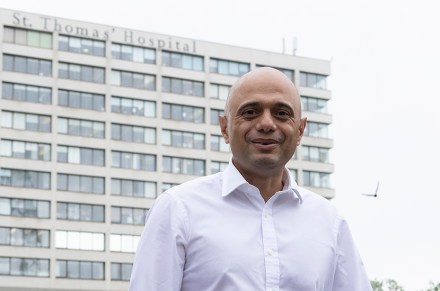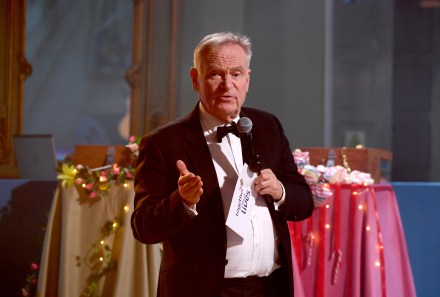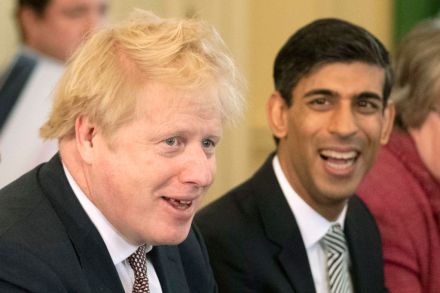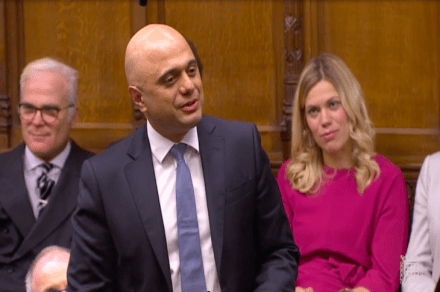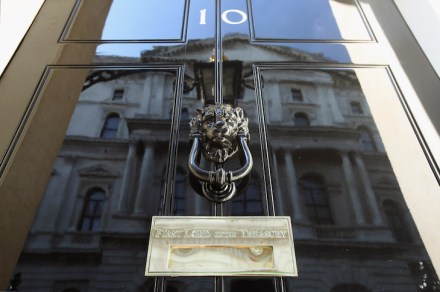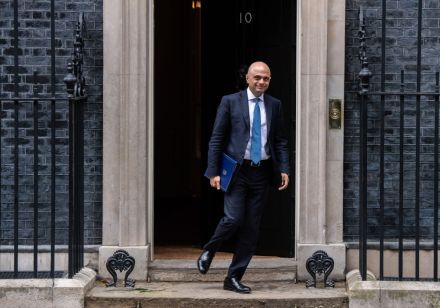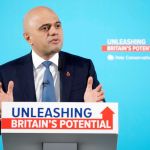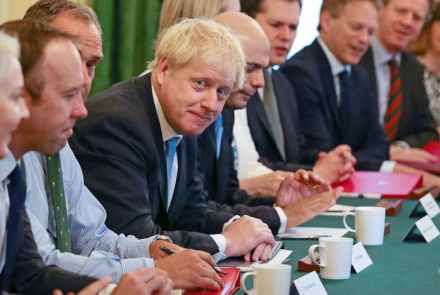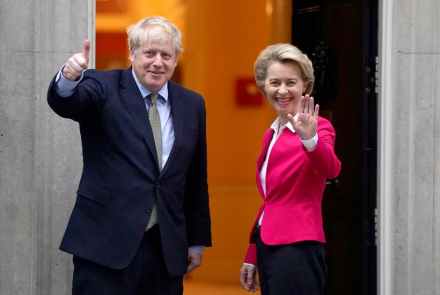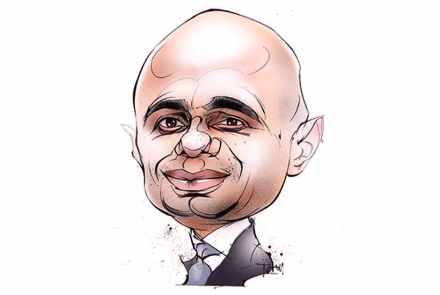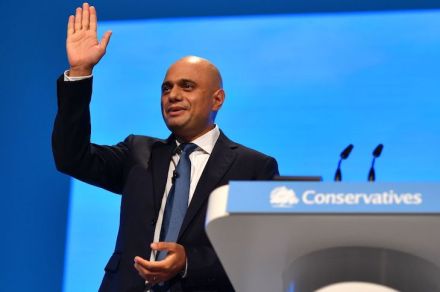Labour’s unlocking problem
Labour is unhappy with the government’s plan for unlocking, with leader Sir Keir Starmer calling it ‘reckless’. In the Commons this afternoon, shadow health secretary Jon Ashworth and then shadow education secretary Kate Green complained about the statements from their ministerial counterparts. Ashworth treated fellow MPs to the slightly bizarre spectacle of him waving a paper Sajid Javid had written on pandemics while at Harvard, which seemed an incongruous political stunt. All the more discordant is the party’s stance on unlocking, which seems to be to complain about it happening while offering a plan that isn’t vastly different. It is urging the government to keep mandatory mask rules to stop
